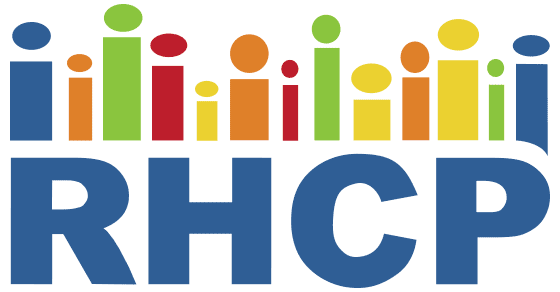Relationship Between Negative Mood and Health Behaviors in an Immigrant and Refugee Population
Journal of Immigrant and Minority Health Sept 2016
Baseline data from RHCP’s Healthy Immigrant Families project revealed a strong link between mood and health behaviors among immigrant and refugee adolescents and adults in Rochester, Minnesota. Adolescents with positive mood were significantly more active, consumed less soda, and reported greater social support for physical activity. Adults with positive mood showed higher self-efficacy for physical activity, snacked more frequently on fruits and vegetables, and rated their physical well-being more positively. These findings suggest that mood may influence both motivation and engagement in healthy behaviors, with social support and self-confidence acting as key mediators.
The study highlights the importance of integrating mood assessment and management into health interventions targeting immigrant populations. While physical activity levels among adults did not differ significantly by mood, their confidence and perceived well-being did, indicating potential for future behavior change. The results underscore the need for culturally tailored, community-based programs that address emotional health alongside nutrition and physical activity. RHCP’s CBPR approach, which emphasized trust, cultural relevance, and community ownership, provides a promising model for addressing health disparities in immigrant and refugee communities.
